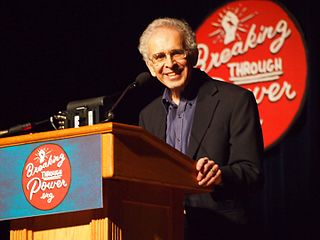A Quote by Jamie Dimon
Scale can create value for shareholders; for consumers, who are beneficiaries of better products, delivered more quickly and at less cost; for the businesses that are our customers; and for the economy as a whole.
Related Quotes
Successful companies create value by providing products or services their customers value more highly than available alternatives. They do this while consuming fewer resources, leaving more resources available to satisfy other needs in society. Value creation involves making people's lives better. It is contributing to prosperity in society.
... placing economic activity in the context of the whole earth requires attention to the question of scale. Bigger is obviously not better, so the optimum scale of human economy in relation to the total economy becomes basically a question of sustainability. When the effects of the economy on the environment undercut the possibility of its own continuance, the scale is too large.
Shareholder value is the result of you doing a great job, watching your share price go up, your shareholders win, and dividends increasing. What happens when you have increasing shareholder value? You're delivering better employees to their communities and they can give back. Communities are winning because employees are involved in mentoring and all these other things. Customers are winning because you're providing them new products.
I know many of you are hurting and angry about the economy, and I don't blame you. It's the worst economy since the Great Depression. When consumers can't buy and businesses won't expand for lack of customers, the government has to be the purchaser and employer of last resort. We learned that in the Great Depression, but Republicans obviously didn't - and they've blocked every jobs program I've offered.

































